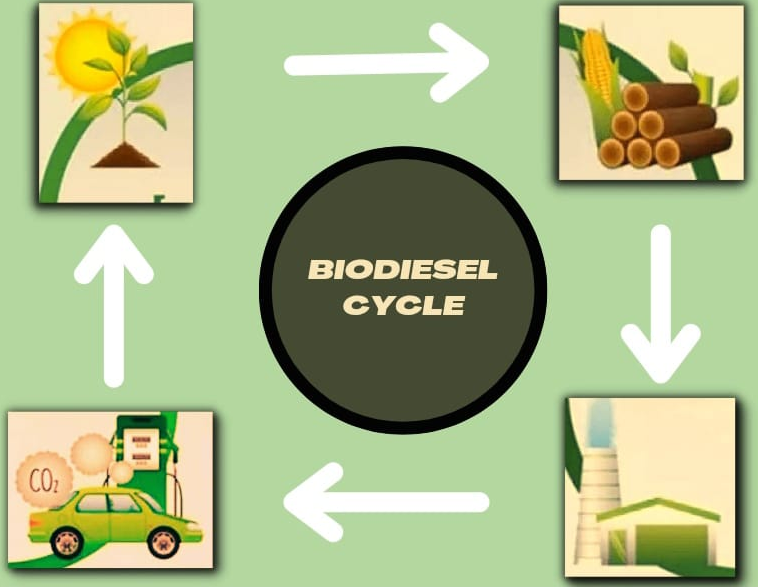
From the last two decades, the amount of waste materials recycled into useable energy sources has grown in popularity due to the fast rise in energy demand caused by the world's population growth. In other words, the conversion of garbage into energy will undoubtedly become an essential topic in the near future. Biodiesel has garnered a great deal of interest recently to reduce pollution generated by the burning of petroleum fuels. Biodiesel is made from vegetable oils and animal-based oils in most cases. Waste cooking oil biodiesel (WCB) is the most suitable resource for biofuel development because it is cost-effective and environmentally friendly, minimizing the amount of waste generated. In order to reduce harmful pollutants from engines, the use of oxygenated fuels seems to be a realistic solution. To minimize the impact on air quality, it is important to use oxy-additives that are specifically formulated for biodiesel and comply with environmental regulations. It is also recommended to use biodiesel blends with lower percentages of oxy-additives and to properly maintain the engines and exhaust systems of vehicles that use biodiesel. The purpose of this exploration is to improve the outcomes of an engine running at various concentrations of methoxyethyl acetate (MEA) additives and WCB biodiesel. The findings were compared to pure diesel, and the results were optimized for different load circumstances and combinations of oxygenated additives for the assessment of emission characteristics.on characteristics.
Total file downloads: 7